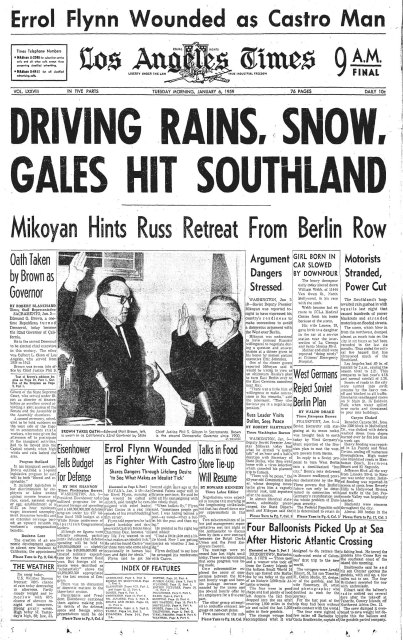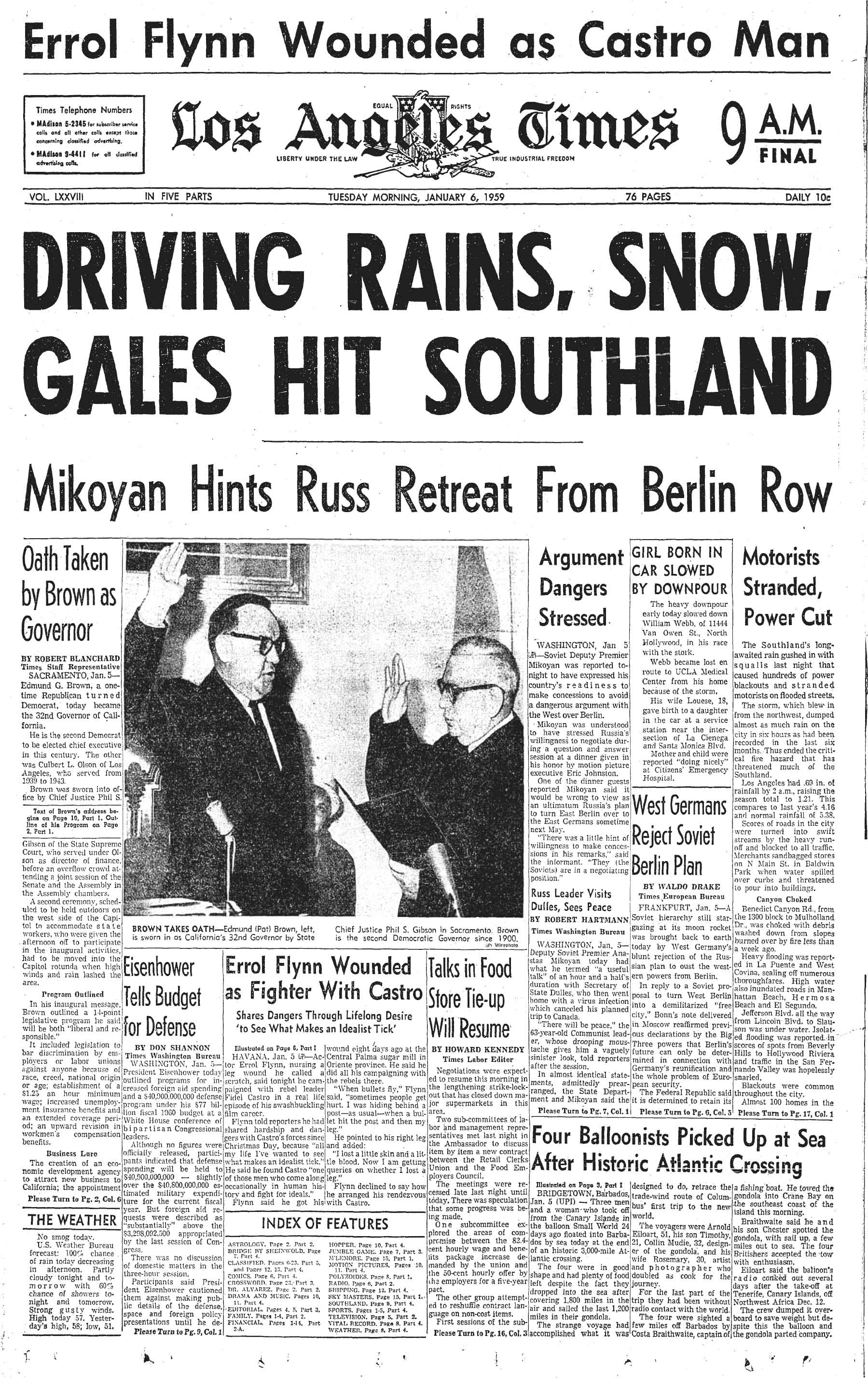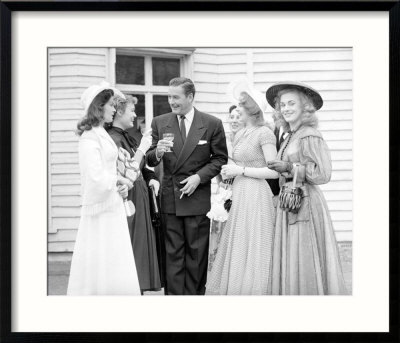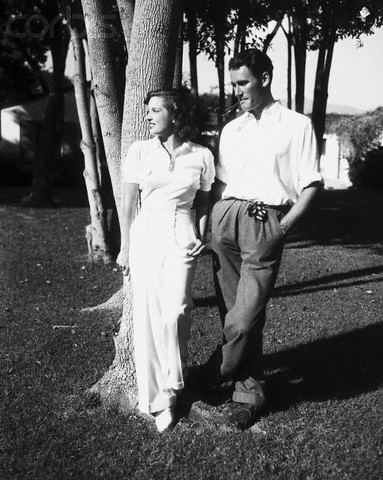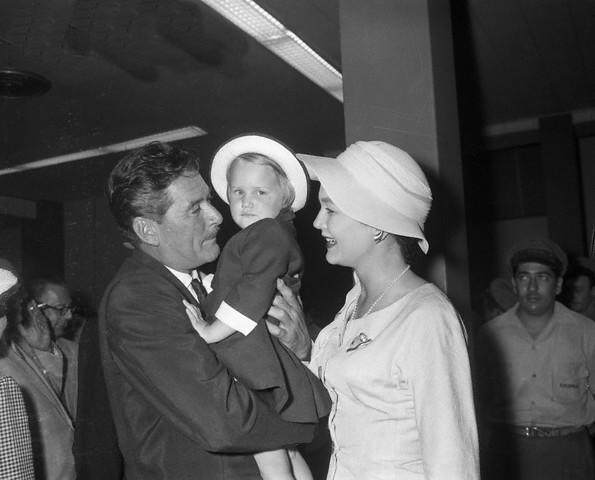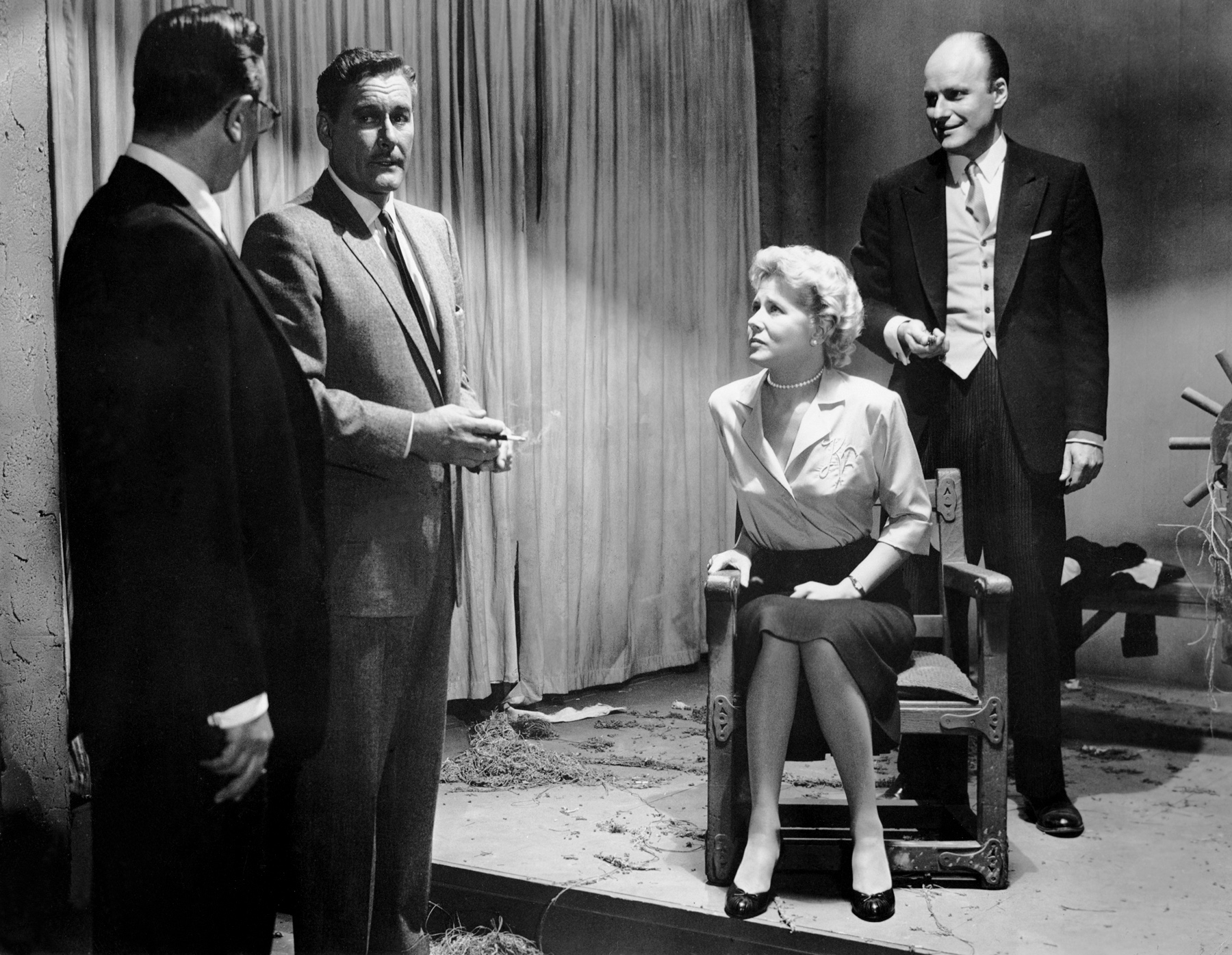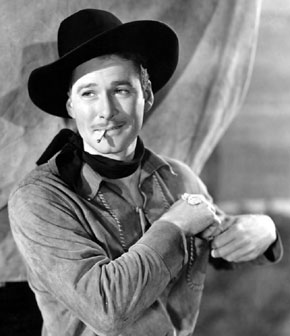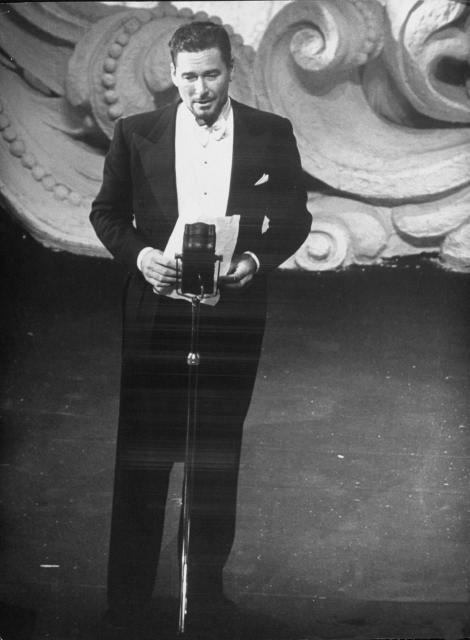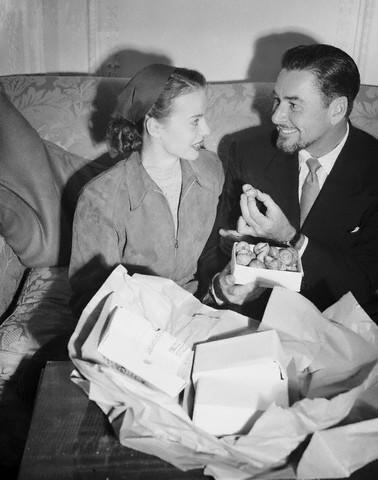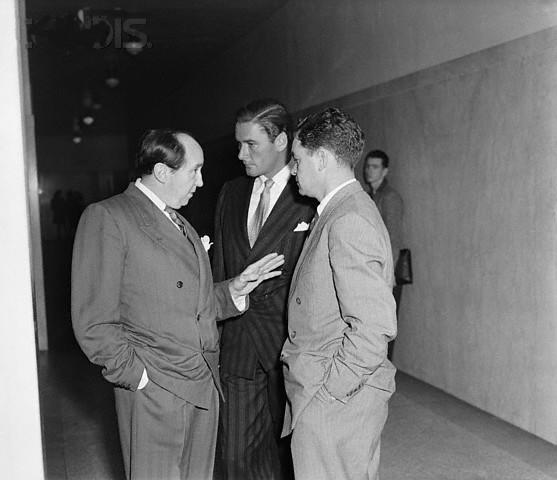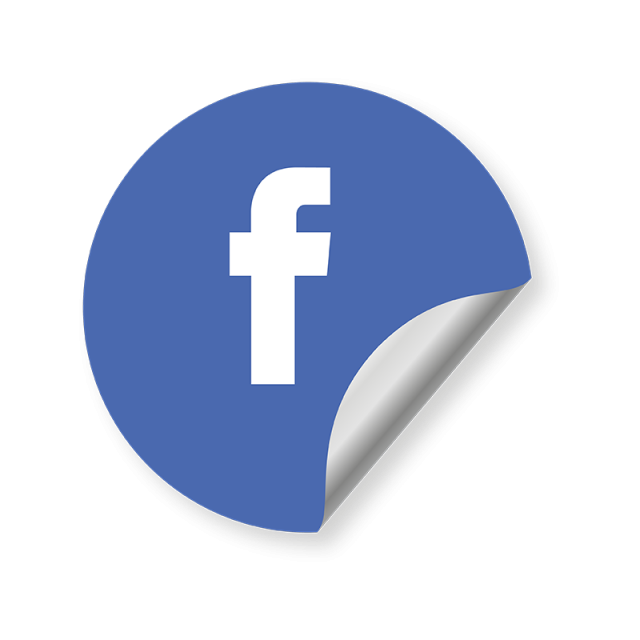— David DeWitt
Lili Damita to Wed Errol Flynn. A fast plane will carry Lili Damita, well known French star, and Errol Flynn, Irish actor, to Yuma, Arizona, June 19. Miss Damita, according to one of her closest friends, has chosen this Gretna Green, for their marriage. Lili has often been rumored engaged to some rich New Yorker or to some titled Englishman, but for six months, she has been seen in the company of Flynn. They are shown here in a recent photo at Santa Barbara, California.
Original Caption
— David DeWitt
Family reunion in Cuba where Flynn is filming The Big Boodle
Reunion For Errol Flynn in Havana. Havana, Cuba: Actor Errol Flynn hugs his little daughter Arnella, 2 1/2 as his wife, Patrice Wymore watches in a reunion in Havana, Cuba. Mrs. Flynn and Arnella arrived to join the star during the shooting of “The Big Boodle”. Flynn left his family in London when he flew to Cuba for the film several weeks ago. They will visit his parents on his 3600-acre ranch on Jamaica after the picture is completed and then will return to London for several more films in a TV series Flynn is producing.
Original Caption
— David DeWitt
A serious talk outside the LA County Courthouse…
Flynn And His Attorneys. Los Angeles: Errol Flynn (center) and his attorneys Jerry Giesler (left) and Robert E. Ford, pause outside the Los Angeles courtroom before today's Preliminary Hearing. Giesler cross-examined Peggy Satterlee's witness, Peter Stackpole, Life and Time photographer, who offered as evidence a photo allegedly taken of the dancer and Flynn on Flynn's yacht.
Original Caption
— David DeWitt
